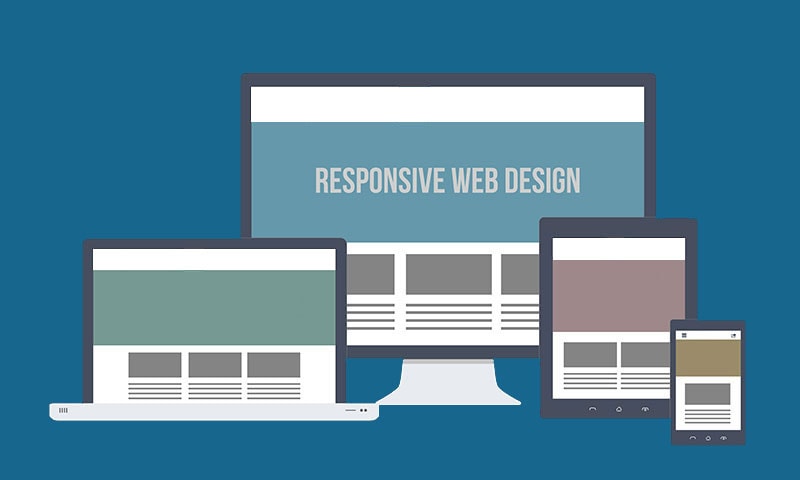Since the birth of the Apple iPhone, smartphones and other types of mobile devices have absolutely exploded in popularity. In point of fact, the majority of consumers won’t be accessing your site via a desktop or laptop computer at all – they’ll be doing it from a device small enough to fit into the palm of their hand. This is a large part of the reason why responsive web design is so important. One of the chief reasons why consumers leave a website is because it isn’t loading properly or doesn’t offer a high quality experience on a small portable device like a smartphone. Don’t let your own website fall into the same trap.
1. Mobile Usage is Only Going to Increase
Thanks to the fact that smartphones are so convenient, we as a society are doing more and more with our phones with each passing day. According to research conducted by SmartInsights.com, a full 80% of all users have a smartphone. A website that isn’t responsive risks alienating each and every one of them.
2. Responsive Web Design is Preferred for SEO
Search engines like Google already understand how important mobile has become. If you’re not optimizing for mobile, you’re going to be giving up valuable search ranking slots to competitors that are.
Test your site to make sure it isn’t being penalized by Google.
Interested in reading more about improving SEO? Check out On SIte SEO – What You Need to know.
3. Responsive Web Design Adapts Beautifully
Responsive Web design will make sure that your site always naturally adapts to the latest screen sizes and device dimensions. Think about the transition from the original iPhone to the iPhone 6. The two devices bear little resemblance to one another. The newer phone is much larger and has a wider screen. It’s also incredibly popular, even though it has only been on the market for a few short months. Using responsive web design practices will make sure that you don’t have to redesign your site every time a new popular device comes out.
4. Speed is Key
Responsive web design keeps things simple, thanks largely to the fact that mobile devices are accessing the Web using cellular data connections. As a result, responsive web design makes sure that your site always has the type of speedy and responsive site loading time that consumers love.
5. Google Loves It
In today’s digital environment, websites essentially need to bend over backwards to please one service in particular: Google. According to Google’s Think Insights, there is a 61% chance that a user will abandon your website altogether and go to a competitor if they visit your site on a mobile device and are frustrated in even the smallest way. If they have a positive experience, however, they are 67% more likely to buy your product or service.
Responsive web design doesn’t just involve making sure that your site looks great on a smaller device with a touch screen interface. It means making sure that your site looks great on all devices, regardless of configuration. Responsive web design will help your site load faster, is preferred for SEO purposes and will generally help create the sales that you’re after in the first place.










